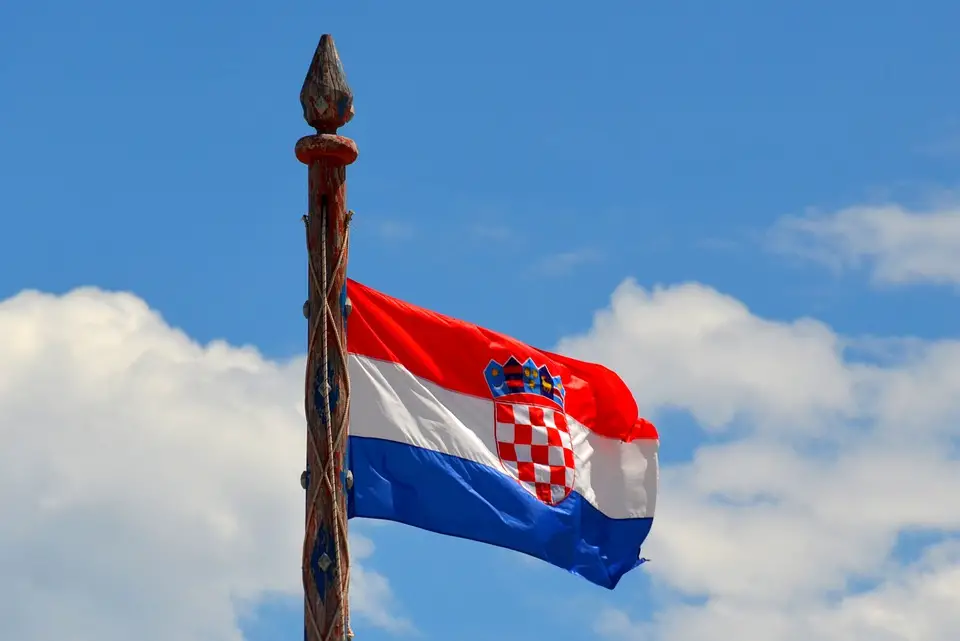As Poslovni Dnevnik/Marija Brnic writes, in terms of the EU, Croatia is at the very top in terms of the number of free zones – until last week it had eleven, with three being in the process of being ”deleted” for some time now, and according to the new concession, the Vukovar Free Zone will also join that listdecentia .
The request to terminate the concession came from Vukovar itself, more precisely from the company Filir, which, along with the Fund for Reconstruction and Development of the City of Vukovar, is also the founder of the Danube Free Zone (otherwise known as the Vukovat Free Zone). The 25-year free zone concession was approved back in 2003 and would have been valid until February 2028, but its founders and users have concluded that they no longer want to operate under that regime.
As a reason for revoking the concession, they stated “the current economic situation caused by the coronavirus pandemic, and the need for storage and production facilities in order to expand business.”
These reasons and the request for termination of the concession are supported by all six beneficiaries, for whom, as stated in the Government decision, the conditions of business outside the free zone regime will be more acceptable than business in the free zone regime.
One of the explanations is that out of 290 million kuna of revenue in that zone last year, only 2 percent was generated through actual exports. If we compare the data on the operations of all free zones, which was recently the item on the table of the Government, in the last five years in the Vukovar Free Zone there were no major deviations in the amount of revenue, the number of users or the share of exports in terms of revenue.
When it comes to the question of just how further activities will take place after the termination of the concession, so far there’s no information from the owner Filir, who is the majority owner of the Vukovar Free Zone with a share of 70 percent.
Doing business in zones of this type brings certain benefits, from tax and customs treatment to lower levies at the local level, benefits in terms of utility fees and taxes from/on salaries. The annual concession fee amounted to 2 percent of revenues generated by users, half of which goes to the state and half to the city budget, but last year the Government additionally abolished the obligation to pay this fee.
Spatially, the Vukovar Free Zone was ”halved” six years ago, because users requested that the area it covers to be reduced from 21,000 to 7.6 thousand square metres, and of that area, just over 3,000 metres remain operational.
Although the people of Vukovar cite difficult conditions due to the coronavirus pandemic as the reason for the termination of the concession, the Vukovar Free Zone recorded the smallest “earthquake” of all zones in Croatia last year – the revenues of its six users fell by 0.48 percent and the company ended the year with 3.23 percent higher profit, totalling 47.6 million kuna.
Back in 2020, a total of 74 enterprises operated in all Croatian free zones, two more than a year earlier, with 2.6 thousand workers, about 200 less than back in pre-pandemic 2019. Their total revenues amounted to 1.55 billion kuna, which marks an approximate 8 percent lower result than in the year before the pandemic, while profit was more than a third lower, reaching 110 million kuna last year.
For more, check out our dedicated business section.








